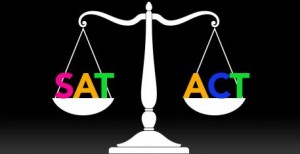
The SAT and the ACT are very different college entrance exams and most colleges are now accepting both. This has led to most students taking both the SAT and the ACT tests, although that is not required or suggested by many professionals in the college admissions field. Junior and senior year of high school are already very busy times so planning ahead really helps!
When should my child take the SAT or ACT?
While it looks like there are plenty of opportunities to take and retake the tests, several of the test dates don’t work for current seniors. The Spring test dates during senior year are too late for most college applications.
Here is my suggested timeline for high school juniors:
Prepare for the first SAT or ACT in October and November. (This should be easy since they will be taking the PSAT in October as well.) Use the practice tests online to review. Buy a study guide book, attend a test prep class, or hire a private tutor. Do NOT take the test “blind” or “cold”: without any prep; that’s just a waste of time and energy.
Take the SAT or ACT for the first time: December, February, or March
Between the first test and the retake: Targeted test prep and private tutoring to improve on areas of weakness
Take the SAT or ACT again: May or June (at end of junior year)
Be sure to schedule enough time between each test to get scores back (2 weeks) and time for private tutoring or practice (6-8 weeks).
*Note: Students taking AP courses may want to avoid taking the SAT in May since they will be busy preparing for AP exams.
This plan has students taking their exam of choice TWICE during the junior year. If the student and parents are happy with these scores, then they can focus on college applications and essays during senior year. If not, they can still retake the test in the Fall of senior year. However, this can be dangerous because of looming college deadlines in the Fall. Students who take tests TWICE in the junior year also have been proven to have higher increases in scores.
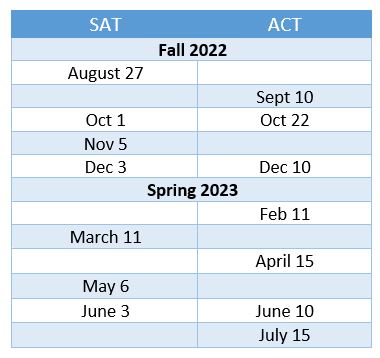
If you have a child who is a high school senior, hopefully, he or she has taken these tests at least once, hopefully twice during junior year. If not, he or she needs to sign up for the first available session of the ACT or SAT to meet most college’s priority deadlines, including scholarships. Most universities have cut-off dates for test scores in December of senior year. Some less-selective state universities and community colleges will continue to accept test scores into the last semester of high school.
Is test preparation or tutoring necessary or helpful for the SAT or ACT?
Many parents ask this question because of the belief that these tests are intelligence-based and that you can’t “study for it.” Those are myths; students can and should prepare for both tests.
The SAT and the ACT are very different types of tests than students have probably ever taken. Students who prepare, take practice tests or hire a tutor perform substantially better than others who go in cold. There are several test preparation options so explore and do some research.

Want more information sent directly to your inbox? Sign up for our monthly newsletter below.
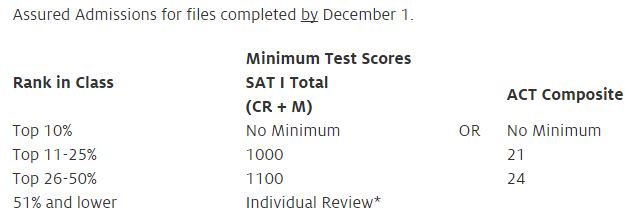
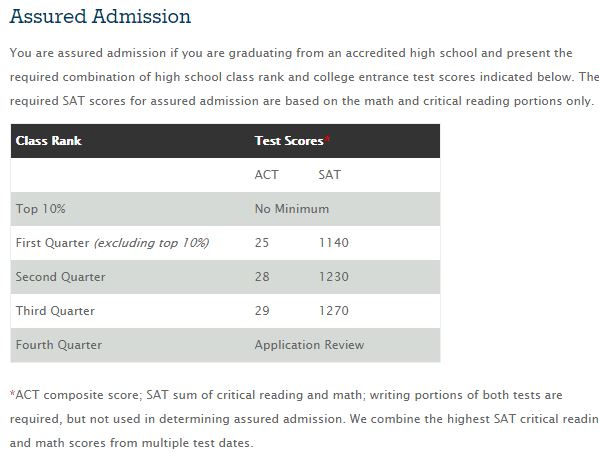

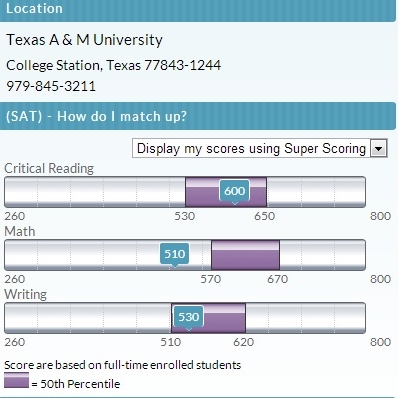
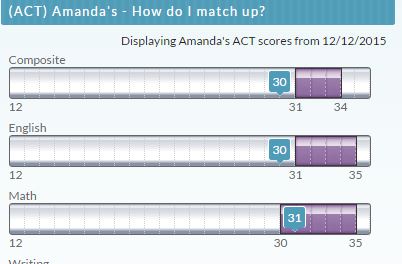
Related Articles:
Understanding Standardized Tests: Difference between SAT and ACT by NACAC
SAT or ACT? by Math.com
